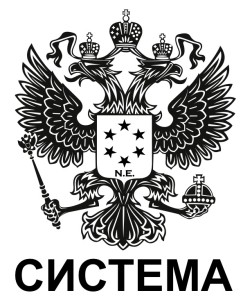Children often clamor to sign up for classes in the martial arts. It can be wise to indulge that desire because studying martial arts offers a few concrete benefits that can help them both as children and later in life.
Health and Fitness
Exercise is vital for children and adolescents. It helps to prevent obesity, which is a common health problem among young people that can cause many other diseases to develop. It also helps to manage mental health by reducing stress levels, helping to prevent anxiety and depression, and even by boosting energy.
A few factors contribute to making martial arts a good way to get that exercise. Most people practice them in a class, which makes it easy to stick to a regular schedule and ensures frequent exercise. They also provide a steady level of exercise over relatively long classes, which tends to be easier on the body than working out in short bursts.
Social Bonding
Shared activities are the best ways to make new friends. Kids who take part in martial arts have plenty of opportunities to meet people with shared interests. As they spend time with the other people in the class, they will tend to build new friendships.
Strong friendships tend to boost happiness and help form good memories, but they also form a cornerstone of good health. The psychological benefits are overwhelmingly positive, with strong social bonds reducing the risk of most mental problems in all age groups. To a lesser extent, these friendships also help to maintain physical health by giving people a reason to stay active and interact with the world. That means that anything that helps people to make friends will greatly improve their lives.
Defense
Martial arts did not begin as sports. This practice developed naturally as practical tools for warriors and only became traditional sports during a period of extended peace. Many of them still see some use in military forces and law enforcement agencies all over the world.
Taking classes in the martial arts won’t turn kids into soldiers, but it will give them tools and the confidence that they need to defend themselves in an emergency. It is always best if they never need to use those skills, but it is better to be prepared for an emergency that never happens than to be unprepared for one that does.


